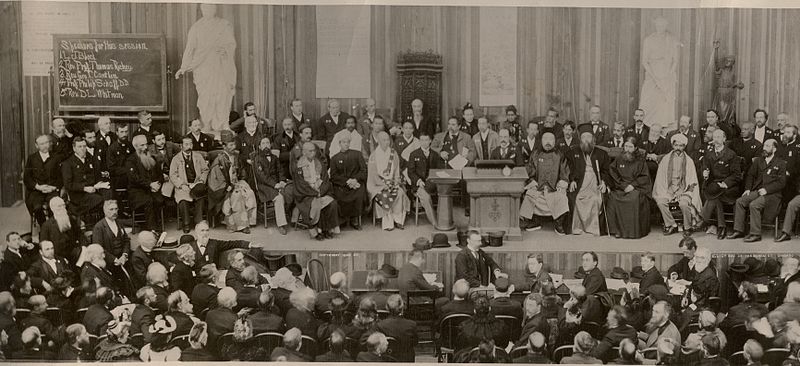That’s the take-away from Pew’s new Religious Diversity Index that may surprise you. We’re the 68th most religiously diverse country in the world — lots more diverse than Iran and Vatican City but nowhere near as diverse as the likes of Vietnam, Mozambique, Suriname, and New Zealand.
But isn’t the U.S. supposed to be all about religious diversity? Didn’t Harvard professor Diana Eck write a best-selling book back in 2001 subtitled “How a “Christian Country” Has Become the World’s Most Religiously Diverse Nation”? What gives?
What gives is that although — as documented by Prof. Eck’s Pluralism Project — you can find just about any species of religion you want here in America, Pew assesses diversity not by its presence but by its extent. Pew’s methodology is the Herfindahl-Hirschman Index, a statistical technique developed to measure the degree of market concentration in an industry.
So with 78.3 percent of the population identifying as Christian (according to Pew’s 2012 Global Religious Landscape report), the U.S. religion market is pretty concentrated. In fact, most of our diversity comes from the 16.4 percent who say they have no religion. All other religious traditions — Muslims, Hindus, Buddhists, Jews, etc. — total just 5.3 percent. By contrast, the more diverse counties have large proportions of at least a couple of groups. Nigeria, for example, has 49.3 percent Christians and 48.8 percent Muslims, making it the 26th most diverse nation.
As Nigeria’s ongoing tension between Christians and Muslims demonstrates, religious diversity is hardly the same as religious pluralism, if pluralism is understood as an ideology of embracing religious diversity. It would be a lot harder to rank nations on a Pluralism Index, but if Pew managed to do so, I expect the U.S. would come out a good deal higher than 68th.






